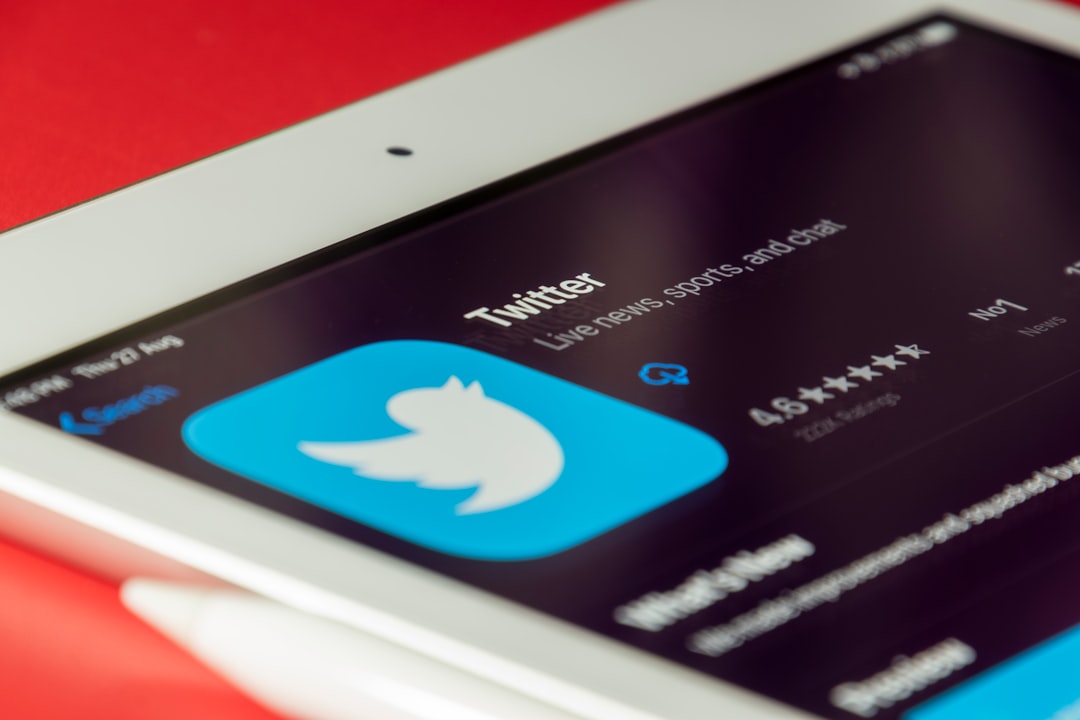What Social Media Cannot Do
A Story in 3 Parts
#1) Social media cannot effect meaningful change.
Since the internet became a mass phenomenon in the mid-90s or so, there’s been this committed effort to see the technology as a revolutionary tool, an effort to almost will into being new political possibilities owing to digital interconnectivity. During the Arab Spring the press was fill…



